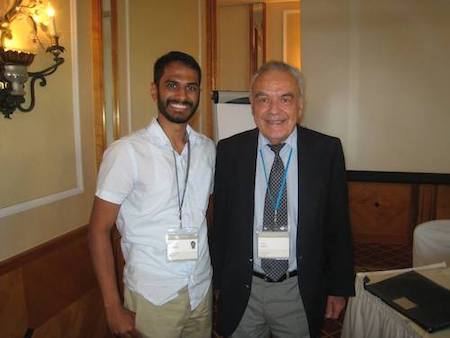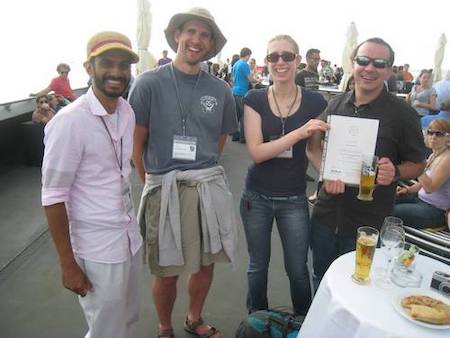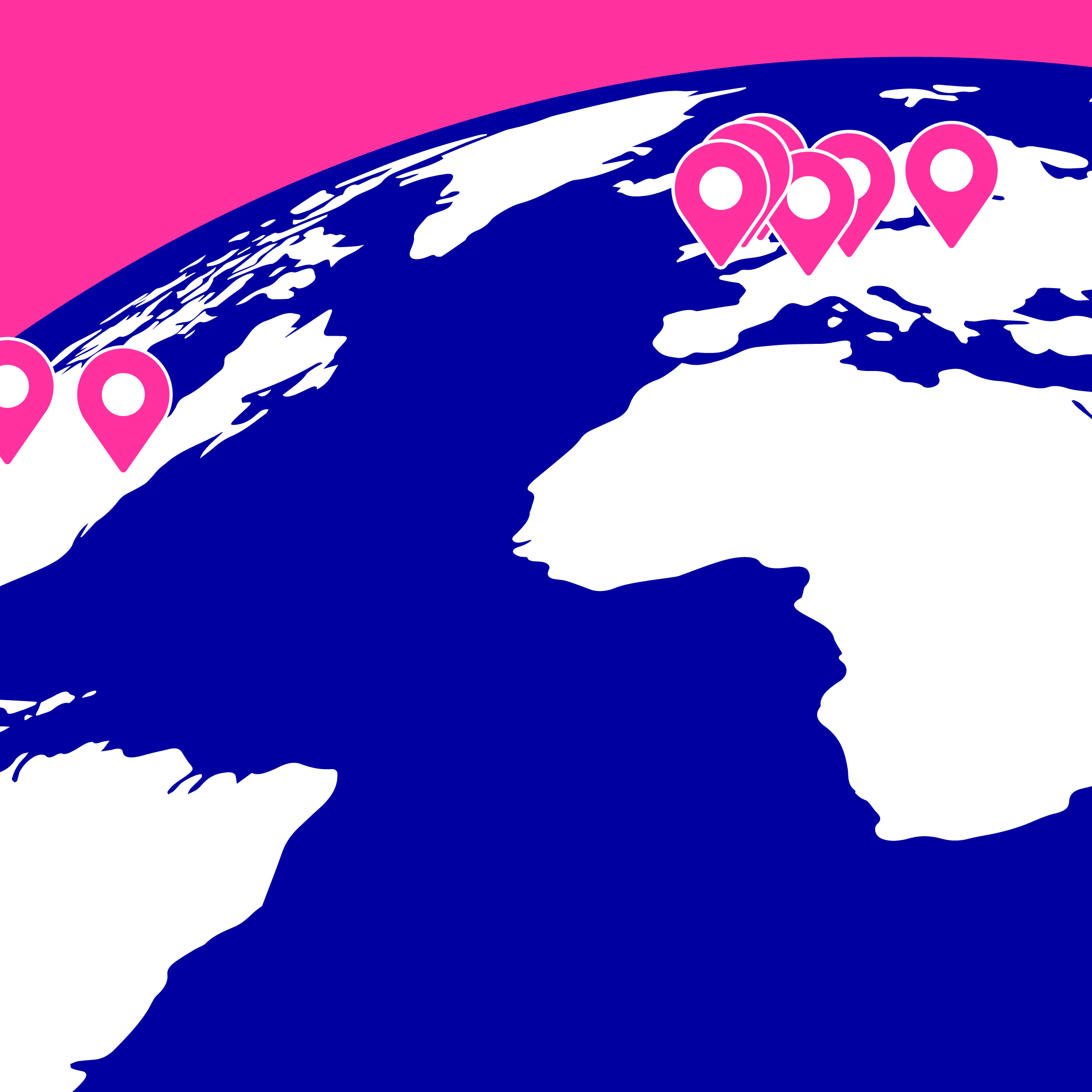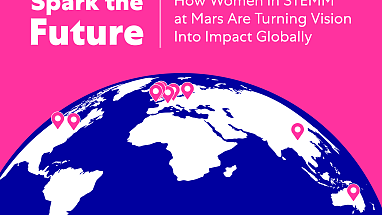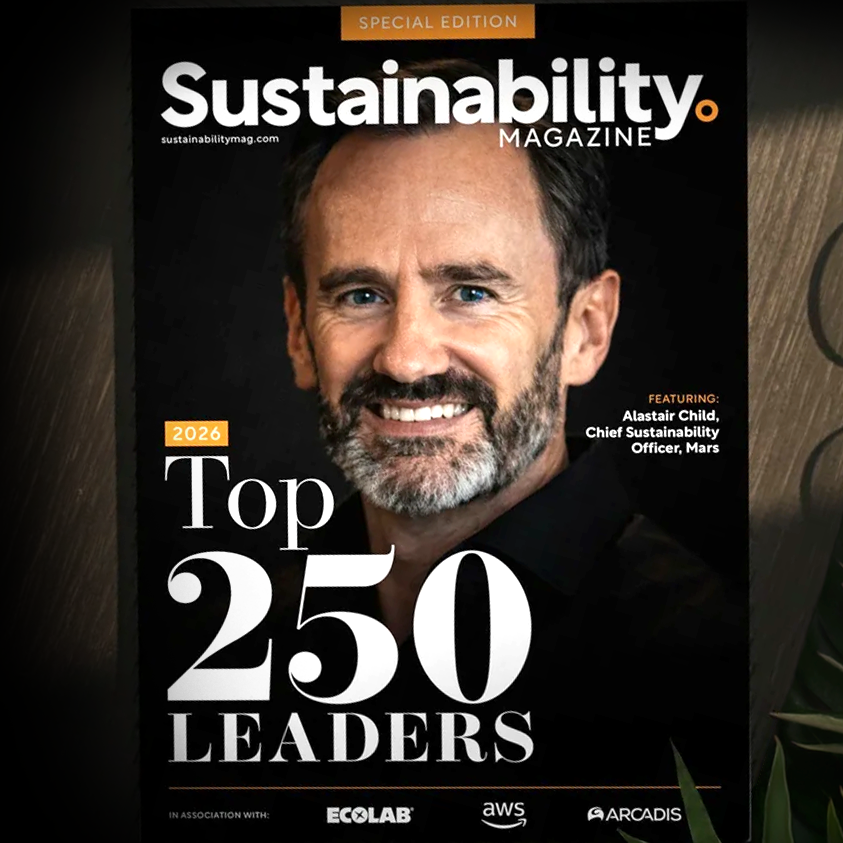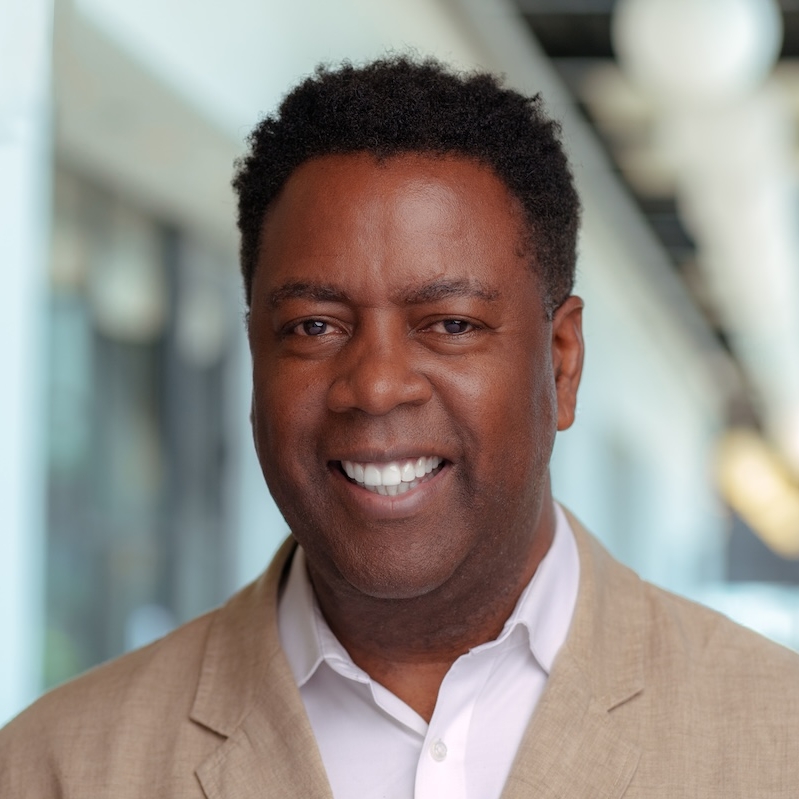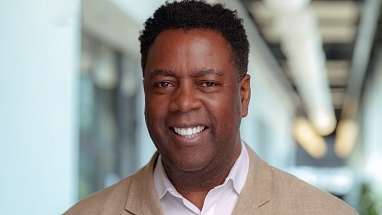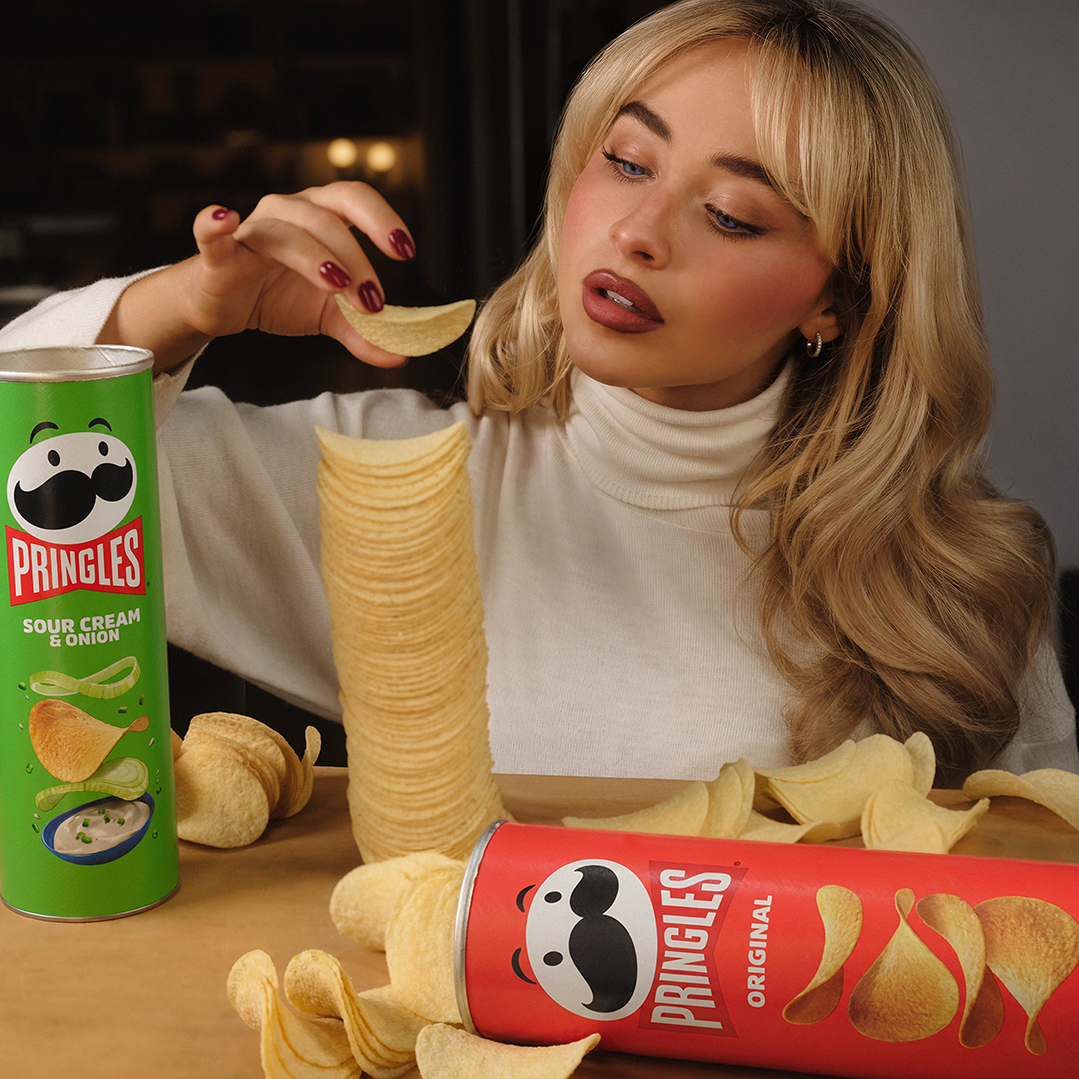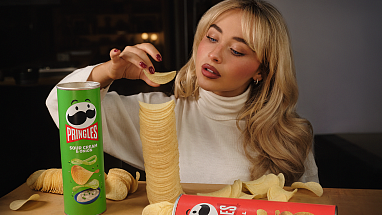Once a year, around more than 30 Nobel Laureates convene in Lindau, Germany to meet the next generation of leading scientists: 500 top undergraduates, Ph.D. students, and post-doc researchers from all over the world. The Lindau Nobel Laureate Meetings fosters exchange between scientists of different generations, cultures, and disciplines.
The Mars Fellowship program offers this unique opportunity to talented young scientists to give them a unique experience as they forge their scientific careers. Mars has partnered with Lindau Meetings for over a decade – and is committed to fostering meaningful scientific dialogue that helps shape the world we want tomorrow.
A. J.’s background and career to date
A.J. Kumar is a Senior Director at Indigo Ag, an agricultural technology company that improves farmer profitability, environmental sustainability, and consumer health through natural microbiology and digital technologies. Prior to this, he spent 7 years at Jana Care working on R&D strategy and rapid diagnostic tools to reverse the diabetes epidemic.
In 2013, he attended the 63rd Lindau Nobel Laureate Meetings as one of the Mars Fellows. We caught up with him to see where his career has taken him since attending the meetings and what impact the Mars Fellowship had on him as a young scientist.
Q: Tell us a bit about yourself.
A: I have always been incredibly passionate about science and was fortunate enough to attend Stanford for my undergraduate degree, where I majored in physics. Following this, I spent two years in South Africa with the Peace Corps. I was interested in learning about the world beyond what I knew but also to gain a greater understanding of the challenges some people face on a daily basis. I wanted to see how I could leverage my passion and interest in science to have a real everyday impact on the ground in the villages I was working in.
When I came back to the US to pursue my Ph.D. at Harvard, I was interested in finding the key areas that someone like me, with a physics background, could have an impact on. I first focused on global health technology. I found myself at an intersection of disciplines. I was a physicist, but I was doing my Ph.D. with a chemist and working with a lot of biologists and doctors.
Immediately after my Ph.D. I spent about seven years working in a start-up around global health diagnostics. I spent a good amount of time in that space, working on rapid tests for chronic diseases and building up an R&D team. Through this work on chronic diseases, I saw the impact that food, the environment, and climate can have on people. Then about three years ago, I had the opportunity to join Indigo Ag to use my interdisciplinary skillset to tackle big problems in food, agriculture, and climate change.
That’s where I'm at today. I have worked at Indigo for about three years now and I currently lead the science and modeling team behind our carbon program, where we advance new technologies in measurement and quantification for soil carbon sequestration and greenhouse gas emissions abatement.
Q: Let's rewind back to 2013. What were your research interests? And how did you feel about the opportunity to attend Lindau Nobel Laureate Meeting?
A: I was over the moon to get the opportunity. The idea of being able to meet with all these amazing minds who had changed and shaped science, to get to know the people behind the discoveries was a once-in-a-lifetime opportunity. It also gave me the chance to mix with scientists from around the world who are top of their field. I built relationships and learnt a huge deal from other young scientists.
Q: What was the highlight of the fellowship experience for you?
A: One was being able to meet Nobel Laureate Steven Chu in an intimate setting at dinner. I had the opportunity to talk to him about what it was like being a scientist facing off against a bunch of politicians and trying to make sure we keep a clear agenda on climate. I was able to see him in action as a panelist on the final day. It was quite a contentious panel at points, but he kept his composure with an incredibly zen disposition and was able to handle critiques and questions and answer very thoughtfully. That was a motivator for me, to think about how I can position myself as a scientist in the future.
Q: Did the fellowship experience have any impact on your interest in healthcare and agriculture? And if so, how?
A: I think the fellowship was one of the first experiences that really made me realize the scope and potential for agriculture and food to have an impact, socially and globally.
Understanding the deep connection and nexus of food and nutrition with disease was a big part of my previous work. Our whole system is so interconnected, whether it’s the food that feeds our health or the way that our food is grown. These areas cannot be siloed anymore; we need to have real interaction and sharing across sectors. This was one of the main epiphanies I had from my time at the Lindau meeting.
Q: Why is it important that companies like Mars engage with next-generation scientists like yourself in tackling the world’s great problems?
A: I think it's crucial that when you're on a scientific career path – especially at Ph.D. level – that you gain insight and perspective of the wider world. It is often very tunnel vision; your advisors are professors whose lives revolve around academia. Opportunities such as the Mars Fellowship program show people that there are other ways science can be applied in industry. There are endless possibilities and impacts that scientists can have. These programs can therefore be an invaluable tool in showcasing to young scientists the possibilities of their careers going beyond the standard academic track.
To learn more about the unique partnership between Mars and the Lindau Nobel Laureate Meetings, check out the below infographic video providing a snapshot of our collaboration through the years.




